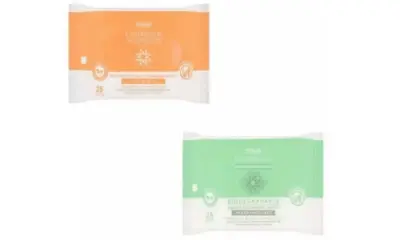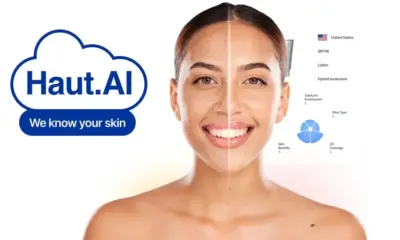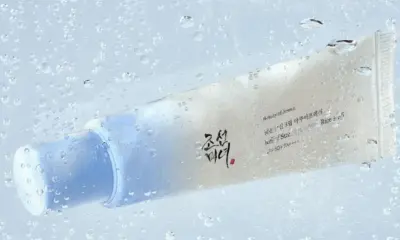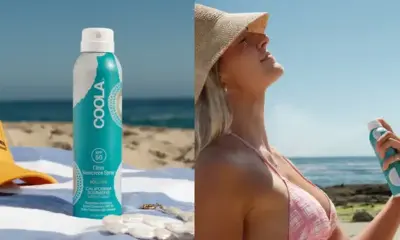Policy & Regulation
FDA Sends Warning Letters to Supergoop! and Vacation on Mousse and ‘Whipped’ Sunscreens
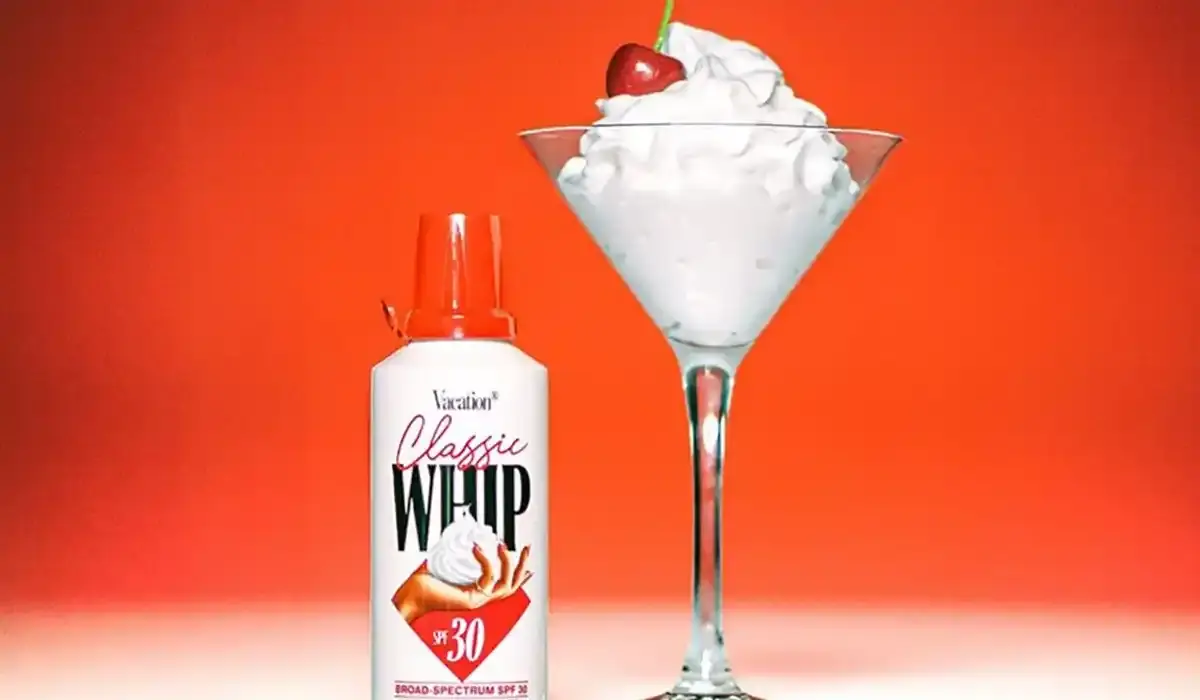
FDA Sunscreen Warning Letters: What Consumers Need to Know
Sunscreen safety remains an important concern for consumers, especially with recent FDA Sunscreen Warning Letters raising questions about product compliance. The U.S. Food and Drug Administration (FDA) regulates sunscreens as over-the-counter drugs, making their labeling and format critical to consumer safety. Therefore, understanding these recent actions helps consumers make better choices while protecting their skin.
You might also enjoy the articles on our other site: 5 Must-Have Vitamin D Drops for Infants
Why the FDA Issued Sunscreen Warning Letters
The FDA recently issued five FDA Sunscreen Warning Letters targeting mousse or “whipped” sunscreen products. According to regulators, these formats are not permitted under current U.S. guidelines for sunscreen dosage forms. Approved sunscreen types include oils, lotions, creams, gels, sprays, ointments, butters, sticks, pastes, and powders. However, mousse formats fall outside these classifications.
Moreover, packaging for some mousse sunscreens resembles edible whipped cream canisters, which the FDA found misleading and potentially dangerous. The concern lies in accidental ingestion, particularly among children who may confuse the canisters with food. Consequently, the FDA demanded corrective actions from brands marketing such products.
Which Brands Received FDA Sunscreen Warning Letters
Several popular sunscreen companies received warning notices. Supergoop! was flagged for its PLAY SPF Body Mousse. Vacation received notices for its Classic Whip Broad Spectrum SPF 30 Sunscreen Mousse and Classic Whip Glow Shimmer Sunscreen Mousse. Additionally, K & Care Organics, Kalani Sunwear, and Fallene Cosmeceutical’s TiZo brand were all included.
These companies must respond to the FDA within fifteen business days. Responses should outline corrective steps, prevent future violations, or provide justification if they disagree with the agency’s findings. This process ensures transparency and accountability within the sunscreen market.
Brand Responses and Industry Reactions
Supergoop! emphasized that the FDA’s letter focused only on product labeling, not the safety or effectiveness of the formula itself. The brand assured consumers that it remains committed to high safety and efficacy standards. Similarly, Kalani Sunwear stated that its mousse sunscreen complies with European standards and uses advanced UV filters not yet approved in the U.S.
Other brands have yet to provide detailed statements, but industry experts believe this development highlights the gap between U.S. and European sunscreen regulations. Many filters widely used abroad remain unavailable in America due to outdated approval timelines.
Understanding the Bigger Picture
The FDA Sunscreen Warning Letters highlight the complexity of sunscreen regulation in the United States. Because sunscreens are classified as drugs rather than cosmetics, companies must adhere to stricter guidelines regarding format, labeling, and formulation. This difference explains why certain sunscreen types available overseas may face restrictions in the U.S. market.
Furthermore, these letters emphasize the need for consumers to stay vigilant. Choosing sunscreens approved by the FDA ensures compliance with safety regulations while reducing risks associated with misleading packaging or unapproved dosage forms.
What Consumers Should Do Next
When buying sunscreen, consumers should check the product label for FDA-approved formats. Avoid mousse-based or whipped products until regulations change. Stick to trusted forms like lotions, creams, or sprays that meet FDA requirements. Always follow instructions for safe application and reapplication to maintain effective UV protection.
You might also enjoy the articles on our other site: Summer Planning Leads to Holiday Retail Success
Explore more news on this website to stay updated about health, beauty, and consumer safety regulations.

